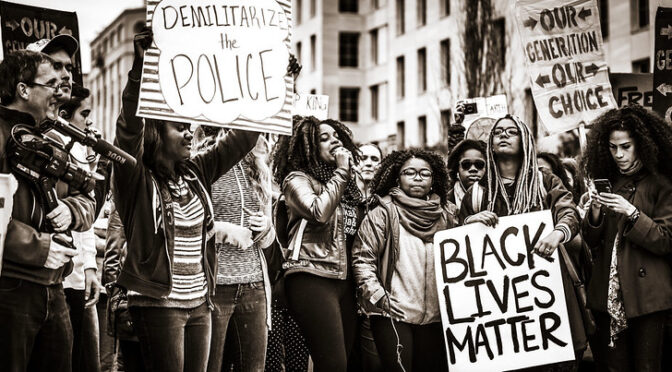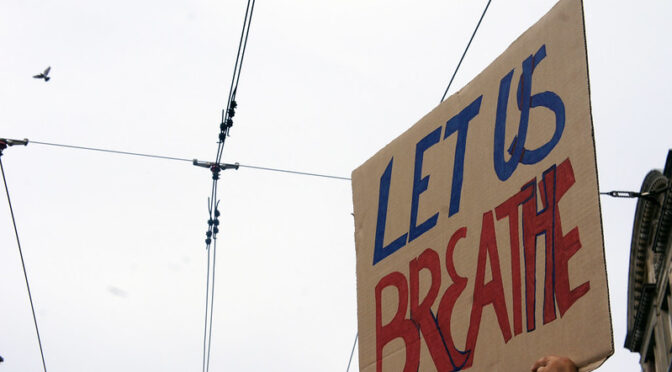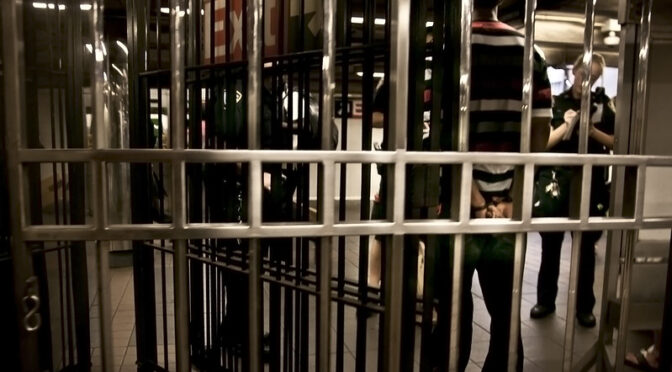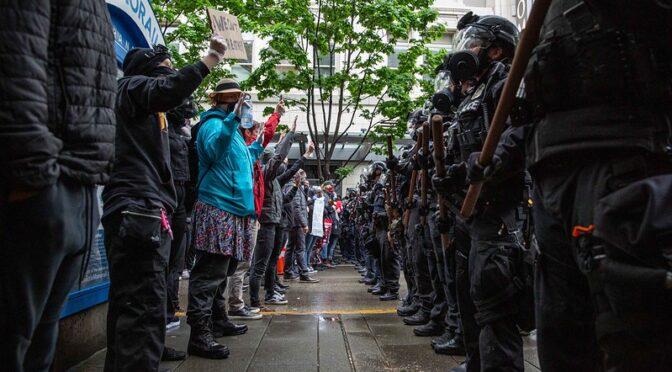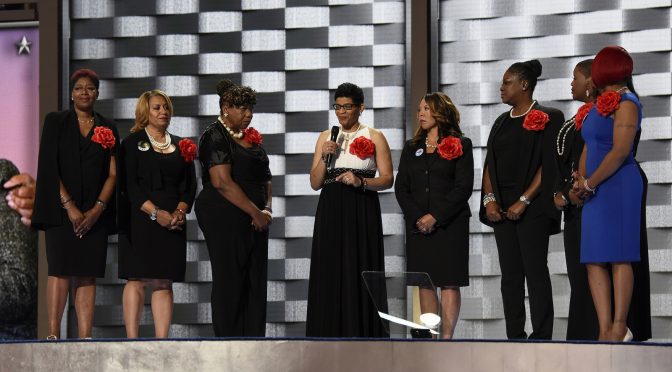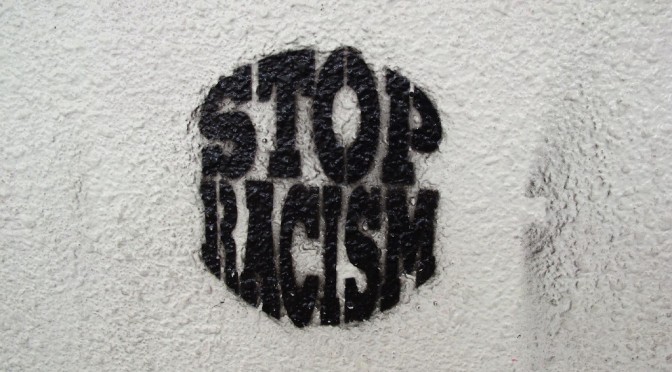The protests over the past week and a half have laid bare many of the excesses of the police and called into increasing question what their role in our cities is and should be. In a recent Streetsblog post, SLU professor Kafui Attoh explained why the protests have in particular laid bare the structural racism in New York’s mass-transit policing.
Attoh reminds us that, before the pandemic, before the recent wave of mass protests, Gov. Cuomo and the MTA had decided to add hundreds of new transit police to the city’s subway system in order to combat fare evasion. The news was announced much to the dismay of activists, who noted that this would simply exacerbate existing inequalities and racial profiling — and would cost the city a fortune.
Now, here we are six months later, and, Attoh observes, one would think the conversation would have changed:
Today, the issues facing the MTA and New York City Transit appear more existential. After Cuomo’s March 20 “New York on PAUSE” declaration, daily transit ridership fell by 90 percent. By mid-April ridership on the subway had reached a historic low of 365,000 daily trips — down from 5.56 million trips a year before. Losses in fare revenue have been extensive.
The MTA’s financial situation remains shaky despite the fact that the agency has received federal and state aid and new powers to borrow from its capital budget — and especially given the possibility of another outbreak. Beyond the hit to transit budgets, the human costs also have mounted. As of this week, more than 60 transit workers in the city — most of them bus drivers — have succumbed to COVID-19. Transit in the city is facing a new reality — one that has made a mockery of the old bugaboo of “fare evasion.”
And yet, the MTA intends to move forward with its pre-COVID plan:
In mid-April, Gothamist reported that, despite $8 billion in COVID related losses, the MTA still plans to plow ahead with its decision to hire 350 new MTA police officers. Having already hired 150 since January, the MTA will expand the force’s ranks by 150 in July and by another 200 in December.
As Attoh explains, this dynamic makes abundantly apparent what is motivating policymakers — and what we need instead:
The push for more MTA police — despite transit’s financial woes and the retreat of the issue of fare evasion — clarifies what was already clear to activists six months ago: The purpose of the policing fetish is simply the need to control the mobility of the economically and racially marginalized — a population that will face the brunt of the coming austerity.
We must address these structural questions — and now, with hope, we will.
Read the full post at Streetsblog.
Photo by Runs With Scissors via flickr (cc-by-nc-nd)

